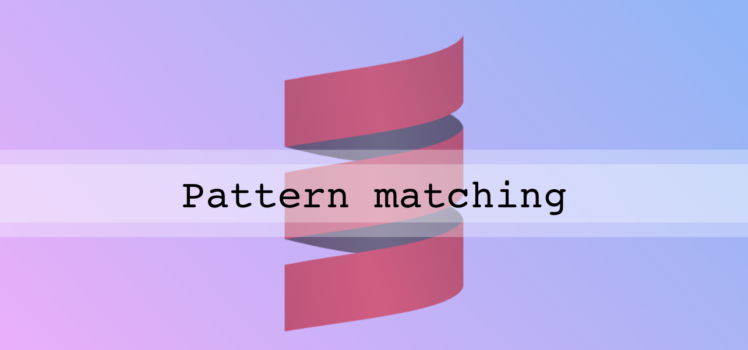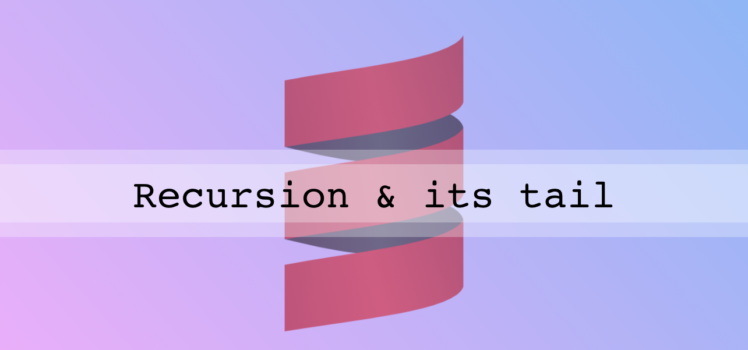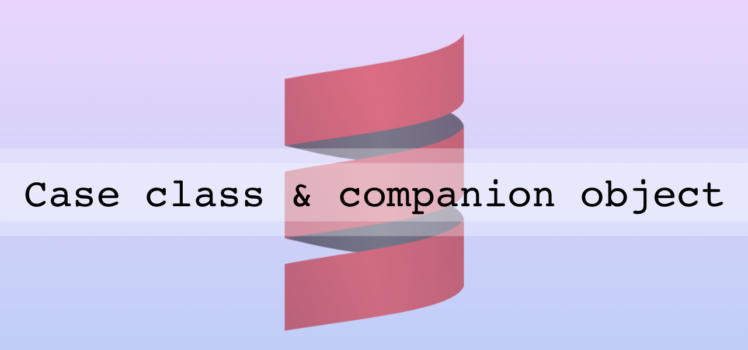I want to share with you a small piece of my project. It's about Scala programming language. If to be more precise it's about the most simple way of Scala studying. Why I said the most simple? Well, because I have a solid knowledge of mainstream problems which occur during Scala studying. So I invite you to discuss my job.
Tag Archives education
This Spring I paid around $350 for the new specialization on Coursera. Its name Functional Programming in Scala. Since that time I have completed 3 courses, and 2 are still not published. So I decided to use this pause for writing a some kind of report. I believe this information may be helpful for those of you who still have doubts regarding the start of the Scala specialization on Coursera.
Today I want to write about a dream of every Java developer - pattern matching. While a switch statement works only with limited number of types, including primitive values, strings and enums, the pattern matching feels confident with almost any argument type. I'm going to demonstrate a batch of examples where pattern matching is useful.
I enrolled to Functional Programming in Scala specialization on Coursera. It consists of 5 courses which will take around 180 days. First course in the specialization is Functional Programming Principles in Scala. I already completed the first week and learned some stuff about recursive functions. So It's time to share some knowledge.
That's not a secret that Scala is very popular programming language in BigData industry. And you may heard before that Scala is a data-centric programming language. This means not more, that with its help you can work with a data more easier comparing with other languages. Important roles in this play two Scala features: case classes and case objects.




